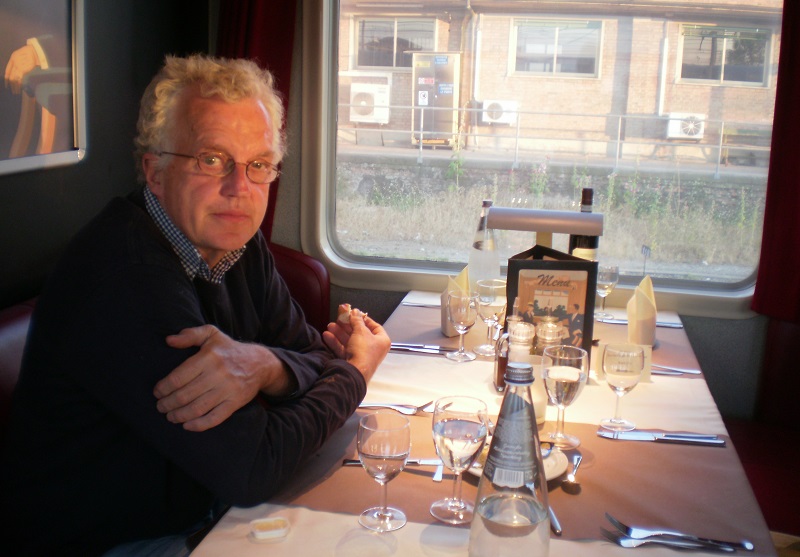It’s time to give up on expanding Heathrow, the world’s least-loved airport. The High Court ruling yesterday that there had been insufficient consultation on the third runway was the second kick in the teeth for the airport in the past couple of weeks.
The first was when Lord Adonis, the Transport Secretary, announced that the preferred route for the high-speed rail link between London and Birmingham would not connect directly with the airport as it made no sense to divert the line for a relatively small market.
Now the beleaguered residents of Sipson, the village unluckily sited in the path of the new runway, have got what they wanted: a delay that could well signal the end of any hopes of building the third runway. They are not the only opponents. David Cameron, in his brief green phase, committed the Tories to abandoning the project if they won the election, while the Liberal Democrats have always opposed it.
Let’s face it. The days of the State being able to bulldoze whole villages out of existence in the supposed “national interest” are long gone. London became a no-go for new major roads a generation ago when the motorway ring roads were scrapped, and there is now no prospect of any new motorways being built on our small island. The high-speed line itself faces enormous opposition from the Chiltern thousands.
Bottom of Form
The case for the third runway at Heathrow has always been weak. When I interviewed Lord Adonis a couple of weeks ago , it was noticeable that he was most ill at ease when trying to make the case for it.
His argument was rather tortuous. He admits now that the Aviation White Paper published in 2003, which envisaged a doubling of passengers by 2030 and new runways at both Heathrow and Stansted, was wrong in placing no constraints on the “predict and provide” model of aviation growth. However, he says that it would be wrong to have no new capacity in the South East: “Should there be more constraints on aviation growth than envisaged before? The answer is yes. But should we rule out any expansion in the South East? That would result in a benefit foregone.”
But would it? Labour ministers have tended to parrot the line espoused by the Freedom to Fly lobby that restricting expansion would lead to poorer people not being able to afford flights. But this is a remarkably specious argument. The market governs the demand and supply of almost every other product, why should aviation be exempt?
When I asked Brian Wilson, the former minister and now chairman of Freedom to Fly, why people should have unlimited access to free flights but not, say Rolex watches, he blustered that people had got used to holidaying annually in Spain and Greece and therefore had a right to expect to continue to be able to do so.
That is an extraordinary argument. Even the most fervent aviation supporters recognise that it is an environmentally damaging activity and the notion that cheap flights are a God-given right is nonsense.
The solution is to subject aviation to the discipline of the market from which it has been shielded since Louis Blériot took to the air. I flew into Heathrow last week from Málaga, hardly a front-rank destination that business travellers are clamouring to use. Heathrow is full of similar flights to marginal destinations that are not important to UK plc. If there were really great excess demand at Heathrow, how come the airport still provides so many cheap flights to such destinations?
To test the market, Heathrow flying slots ought to become freely tradeable – instead, which airlines hold which slots is the result of carve-ups from years back, even from the days of Imperial Airways. If the slots were opened up, then the true extent of demand for flights from the airport would become apparent. Short-haul flights would move to cheaper airports freeing up capacity for the long-haul flights that Lord Adonis says are essential to Britain’s economic future. And the villagers of Sipson could breathe a sigh of relief.
